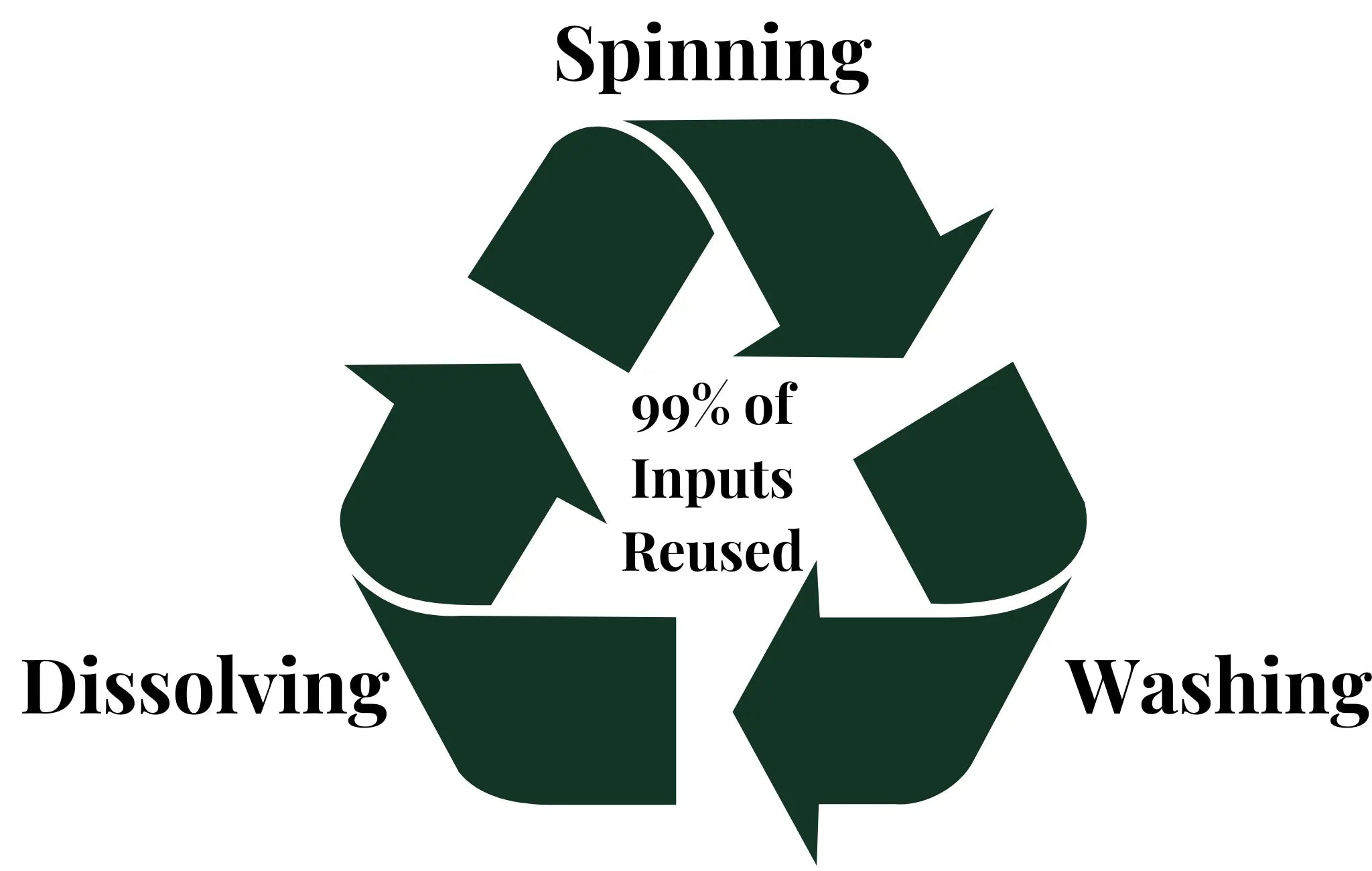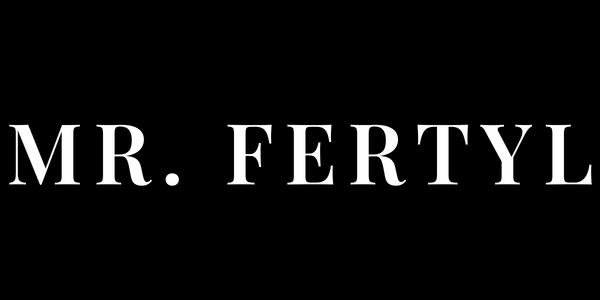What Most People Don’t Know About Traditional Fabrics
Bamboo Lyocell Is Fertility Safe. Planet Friendly. Future Safe.
What You Protect When You Choose Mr. Fertyl

Enough to provide a year’s worth of drinking water for over 1,000 people!

Enough to power the average American home for over 3 months!

The same emissions as driving the average car for 15 hours nonstop.

Unlike cotton, our bamboo is grown naturally, protecting ecosystems
The Closed-Loop Advantage: No Toxins. No Waste. The Cleanest Path to Fertility.

Uses up to 10x less water than cotton, helping protect vital freshwater resources.
Bamboo Lyocell thrives on rainwater, reducing wasteful irrigation. It's a smarter, softer, and more sustainable fabric for those planning a healthier future.
Grown Without Harmful Pesticides or Fertilizers – Safer for Skin and Soil
Bamboo resists pests naturally, protecting ecosystems and reducing chemical exposure to the body’s most sensitive areas.
Restores soil health instead of depleting it like cotton.
Bamboo's roots prevent erosion and support long-term land health - ideal for people who care about leaving the planet better.
Absorbs more CO₂ than trees and emits far less in production.
Bamboo is a carbon-sequestering powerhouse. It absorbs 35% more CO₂ than trees and releases oxygen into the atmosphere. Bamboo Lyocell’s closed-loop production process further reduces emissions, ensuring minimal environmental impact.
Regrows in 3–5 years without land clearing.
Unlike cotton, bamboo needs no deforestation - it's endlessly renewable, preserving forests and protecting biodiversity.
Made in a closed-loop system that reuses 99% of water and solvents.
This method slashes energy use and eliminates waste - giving you one of the cleanest fabrics on the planet.
Chosen by People Who Care About What They Wear
Why Clean Fabrics Matter For Your Baby’s Future - And The Planet

Crafted with responsibly grown bamboo to protect the planet.

Made using 99% water and solvent recovery for a cleaner process.

Durable & thoughtfully designed for both you and the environment.

A core pillar at Mr. Fertyl is reducing waste, saving water, and cutting emissions.







